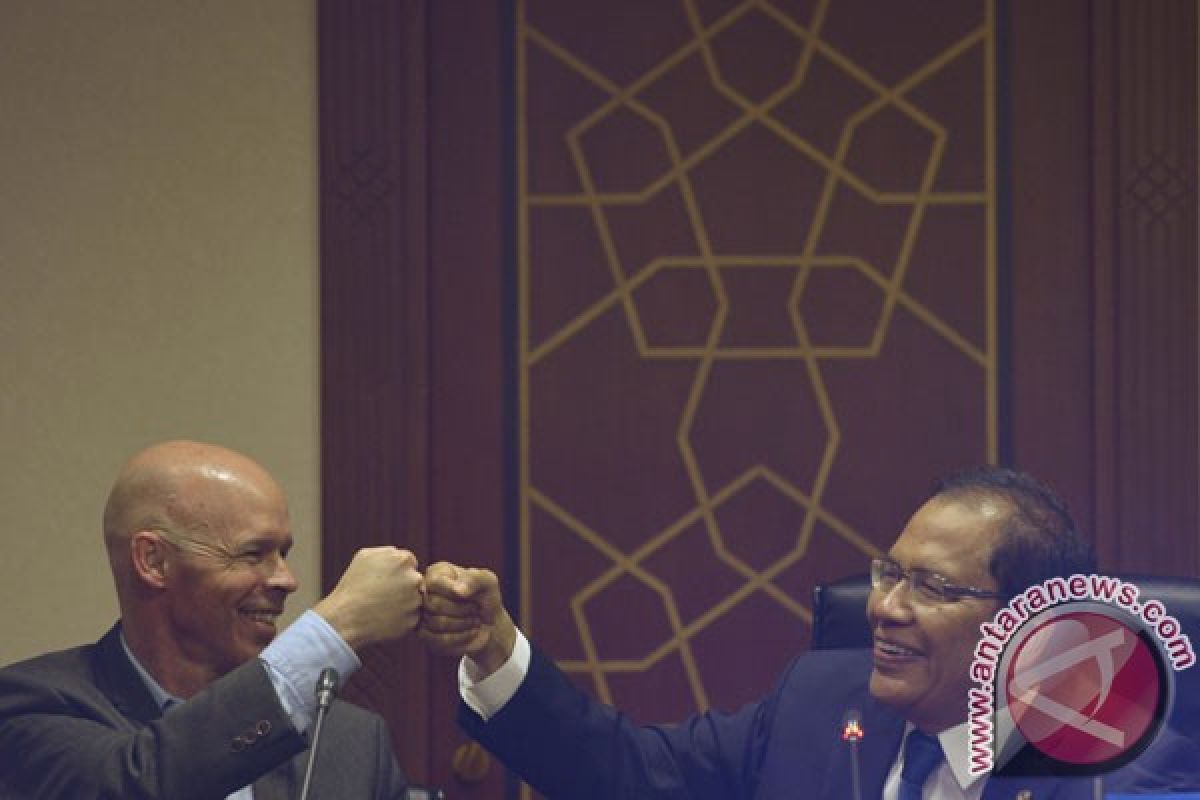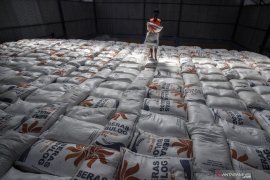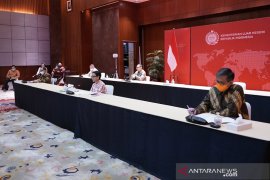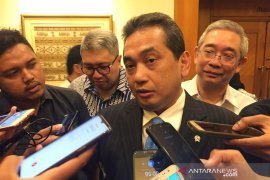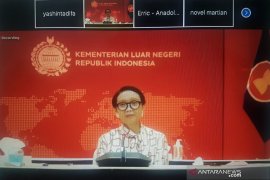"Our fishermen face difficulty in communicating when they are in the middle of the sea unless they buy a satellite phone, which is very expensive," Rizal Ramli said.Jakarta (ANTARA News) - Indonesias Coordinating Minister of Maritime Affairs Rizal Ramli asked the internet giant enterprise, Google, to develop smart phone applications to help Indonesian fishermen improve their catch and incomes.
During a meeting with Googles Vice President and Project Leader of Project Loon, Mike Cassidy, in the ministrys office here on Tuesday, Rizal Ramli said the government expected an application that can give information on weather condition, fishing areas and fish prices in the market. Fishermen should be able to access such an application.
"Our fishermen face difficulty in communicating when they are in the middle of the sea unless they buy a satellite phone, which is very expensive," Rizal Ramli said.
With the development of Googles Project Loon in Indonesia, the minister expected it would grant better communication access to fishermen and people living in Indonesias remote islands and areas.
Project Loon itself is a research and development project developed by Google with the mission of providing internet access to rural and remote areas.
As part of the project, balloons are placed in the stratosphere at an altitude of about 18km to create an aerial wireless network with up to 4G-LTE speeds.
Therefore, the Googles Project Loon is expected to reach the unreachable, providing internet and telephone signal to Indonesias remote areas.
"All Indonesians, whether on sea or at the top of a mountain, will be able to communicate with the help of a cellphone," the minister said, elaborating on what was expected.
Googles Project Loon is expected to provide inexpensive solution in enabling communication access to those in remote areas.
Google will test the program for one year. After that, the government will discuss it with the Indonesian communication providers.
Meanwhile, Mike Cassidy said improving internet connection will bring education, better healthcare, as well as economic benefit to people in remote areas.
Quoting a study conducted by the UN, Cassidy said a 10 percent increase in internet penetration will lead to 1.5 percent improvement in annual growth of the standard of living.
A 20 percent increase in internet penetration will double the GDP growth of countries.(*)
Editor: Heru Purwanto
Copyright © ANTARA 2016
